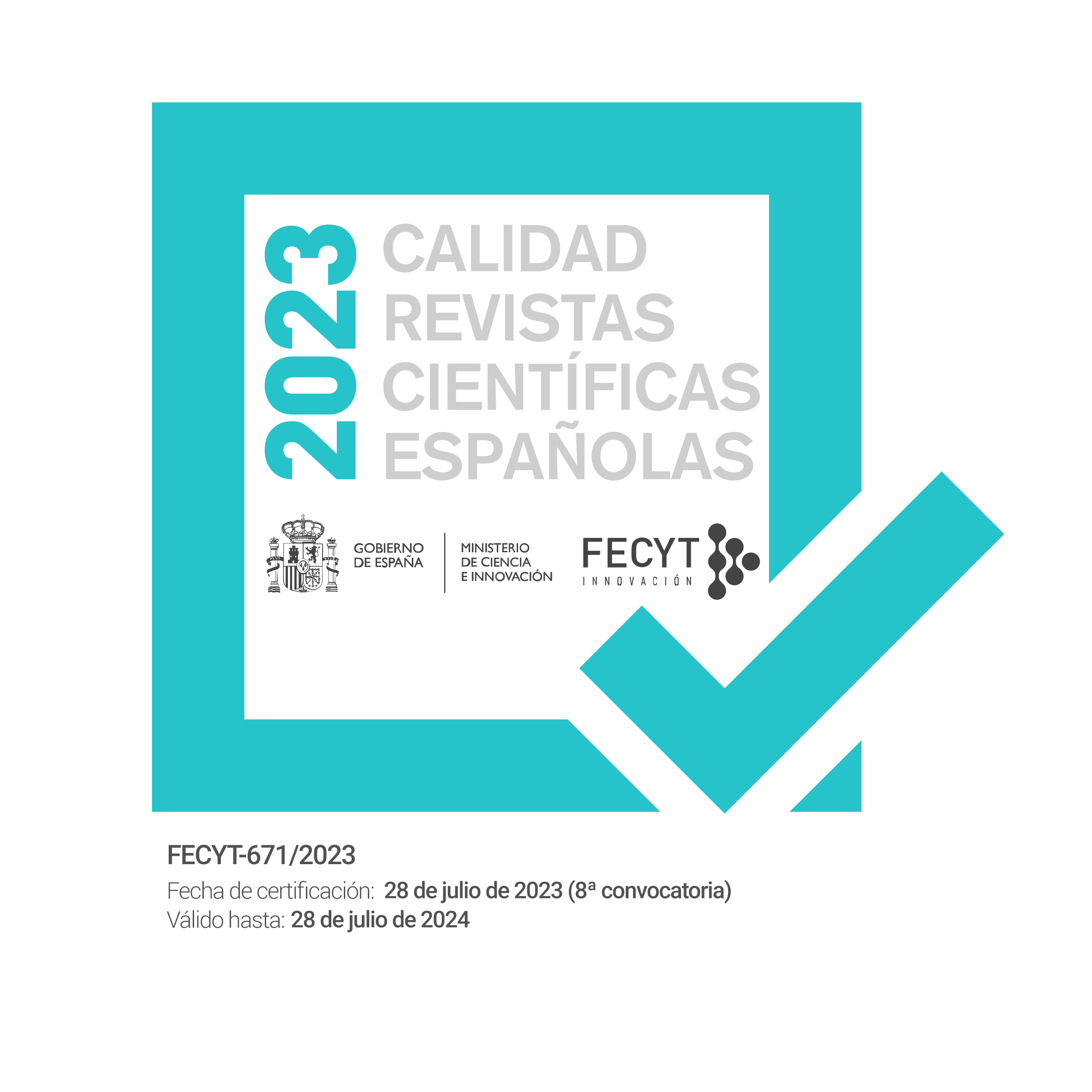Basic Income and the Rights of Persons with Disabilities
DOI:
https://doi.org/10.17561/tahrj.n12.1Keywords:
Basic income, rights of persons with disabilities, brute luck, universal design, reasonable accommodationAbstract
The Convention on the Rights of Persons with Disabilities presents a social approach to disabilities. In accordance with this conception, the origin of the discrimination suffered by persons with disabilities is mainly social because we have designed our society without universal access for everybody. There is a normality criterion, based on physical capabilities, intelligence, race and gender that excludes many people from that canon. The different contemporary liberal theories of justice have discussed disabilities thinking about how the State could compensate brute luck. In this context, does universal basic income play some role? Van Parijs in Real Freedom for All defends a unanimous criterion to compensate for brute luck. That compensation would be made before distributing an equal basic income among everybody. In this paper, UBI will be studied in the context of the debate about rights of persons with disabilities. Firstly, the argument given by Van Parijs will be discussed because the unanimous requirement does not fit with a social understanding of disabilities. Secondly, if we consider a right to UBI, it is necessary to study which role this right can play in the life of people with disabilities and if we can say that this right has a universal design. In this point, it will be studied whether UBI can establish some type of indirect discrimination against people with disabilities and if so, which type of reasonable accommodation would be necessary to eliminate that discrimination.
References
Ackerman, B. (1981). Social Justice in the Liberal State. New Heaven: Yale University Press.
Arneson, R. J. (2003). Should Surfers Be Fed? In A. Reeve & A. Williams, eds., Real Libertarianism Assessed. Political Theory after Van Parijs. New York: Mac Millan, pp. 95-110. https://doi.org/10.1057/9780230524293_6
Asís, R. de (2013). Sobre discapacidad y derechos. Madrid: Dykinson.
Cuenca Gómez, P. (2012). Sobre la inclusión de la discapacidad en la teoría de los derechos humanos. Revista de Estudios Políticos, 158, pp. 103-137.
Cuenca Gómez, P. (2016). Derechos humanos y discapacidad. De la renovación del discurso justificatorio al reconocimiento de nuevos derechos. Anuario de Filosofía del Derecho, XXXII, pp. 53-83.
Dworkin, R. (1981a). What is Equality? Equality of Welfare. Philosophy & Public Affairs, 10 (3), pp. 185-246.
Dworkin, R. (1981b). What is Equality? Equality of Resources. Philosophy & Public Affairs, 10 (4), pp. 283-345.
Fraser, N. (2003). Social Justice in the Age of Identity Politics: Redistribution, Recognition, and Participation. In N. Fraser & A. Honneth, Redistribution or Recognition? A Political-Philosophical Exchange. London: Verso, pp. 7-109.
Nussbaum, M. (2007). Frontiers of Justice. Disability, Nationality, Species Membership. London: Harvard University Press.
Palacios Barreiros, A. (2008). El modelo social de discapacidad: orígenes, caracterización y plasmación en la Convención Internacional sobre los Derechos de las Personas con Discapacidad. Madrid: Cinca.
Palacios, A. y Romañach, J. (2006). El modelo de la diversidad. La Bioética y los derechos humanos como herramientas para alcanzar la plena dignidad en la diversidad funcional. Madrid: Diversitas Ediciones
Pateman, C. 2006. Democratizing Citizenship: Some advantages of a Basic Income. In B. Ackerman, A. Asltott & P. Van Parijs, eds., Redesigning Distribution. Basic Income and Stakeholder Grants as Cornerstones for an Egalitarian Capitalism. New York: Verso, pp. 101-119.
Quinn, G. & Degener, T. (2002). Human Rights and Disability: The Current Use and Future Potential of United Nations Human Rights Instruments in the Context of Disability. Geneva: Office of the United Nations Commission for Human Rights.
Raventós, D. (2007). Las condiciones materiales de la libertad. Barcelona: El Viejo Topo.
Rawls, J. (1971). A theory of Justice. Oxford: Oxford University Press.
Rey Pérez, J.L. (2007). El derecho al trabajo y el ingreso básico. ¿Cómo garantizar el derecho al trabajo? Madrid: Dykinson.
Rey Pérez, J. L. (2018). Las personas con discapacidad en la Constitución. ¿Es imprescindible su reforma? In M.I. Álvarez Vélez & C. Vidal Prado, eds., La Constitución Española 1978-2018. Madrid: Lefebvre, pp. 407-421.
Rodríguez del Pozo, P., Barranco Avilés, M.C., Al Ali, K. & De Asís, R. (2017). Implementing the International Convention on Human Rights of Persons with Disabilities in Qatar: from Charity to Human Rights, The Age of Human Rights Journal, 9, pp. 1-17. https://doi.org/10.17561/tahrj.n8.1
Van Parijs, P. (1995). Real Freedom for All. What (if anything) can Justify Capitalism. Oxford: Clarendon Press.
Van Parijs, P. & Vanderborght, Y. (2017). Basic Income. A Radical Proposal for a Free Society and a Sane Economy. Cambridge: Harvard University Press.
https://doi.org/10.4159/9780674978072
Zelleke, A. (2018). Work, Leisure and Care: A Gender Perspective on the Participation Income. The Political Quarterly, 89 (2), pp. 273-279. https://doi.org/10.1111/1467-923X.12518




























